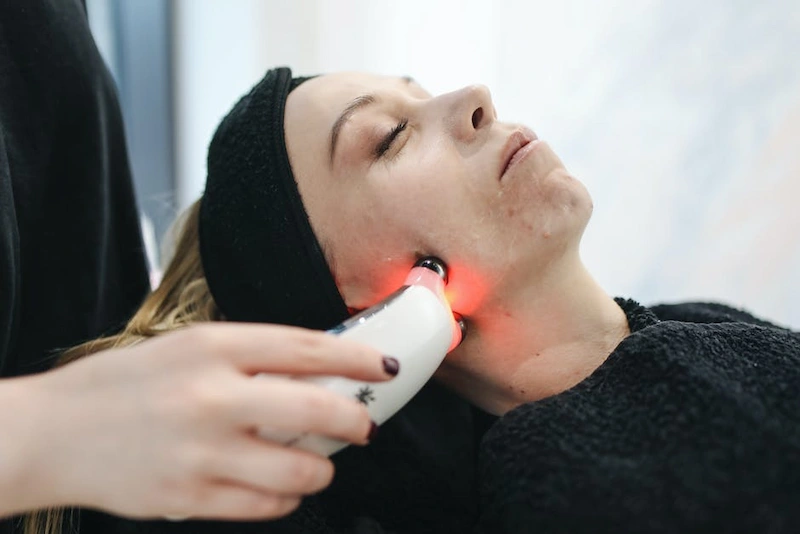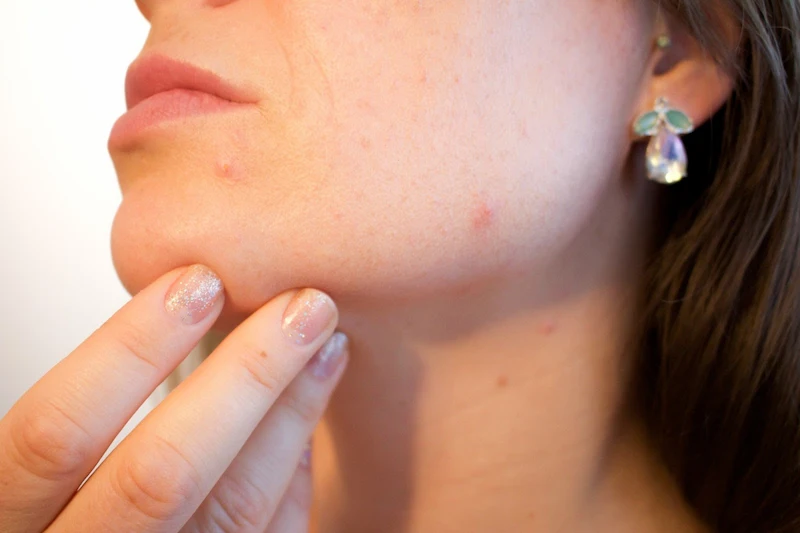Acne is a common skin condition affecting millions of people of all ages. From teenagers to adults facing hormonal changes, acne can be physically uncomfortable and emotionally challenging. Pimples, blackheads, and cysts can reduce self-confidence and disrupt daily life. This guide offers strategies to clear acne with effective treatments, skincare routines, lifestyle changes, and professional support to help you achieve healthier, clearer skin.
Effective Acne Treatments
There are several effective treatments available for managing acne, each targeting the condition in different ways to provide relief and improve skin health. Over-the-counter topical treatments containing benzoyl peroxide or salicylic acid can help reduce inflammation and unclog pores. For more severe cases, prescription medications such as retinoids or antibiotics may be necessary to combat bacterial growth and decrease swelling. Hormonal therapies, like oral contraceptives or spironolactone, are beneficial for those whose acne is hormonally driven. Moreover, professional treatments, including chemical peels and laser therapy, offer advanced solutions for stubborn acne.
When to Seek Professional Help

While over-the-counter treatments and lifestyle changes can effectively manage mild to moderate acne, certain situations require professional intervention. If your acne is persistent, severe, or causing significant emotional distress, consulting a dermatologist is recommended. If you’re facing skin issues, consider Acne Treatments New Jersey or other esteemed dermatology clinics. Professionals can provide a range of options, including chemical peels, laser therapy, or oral medications that are not available without a prescription. They also offer tailored advice based on your skin’s unique needs, monitor your progress, and adjust treatments as necessary to prevent scarring and ensure optimal results. Early intervention is key to managing acne effectively and maintaining clear, healthy skin. Seek professional help if you’re struggling to control your acne on your own.
Establishing a Consistent Skincare Routine
Start by cleansing your face twice a day with a gentle, non-comedogenic cleanser to remove excess oil, dirt, and makeup without stripping the skin of its natural moisture. After cleansing, apply a non-comedogenic moisturizer to keep the skin hydrated and balanced, which helps prevent the overproduction of oil that can lead to clogged pores. Incorporate products with active ingredients, such as retinoids or alpha hydroxy acids, to promote cell turnover and reduce breakouts. Applying a broad-spectrum sunscreen every morning protects your skin from harmful UV rays, which can worsen acne and cause premature aging.
Diet and Lifestyle Adjustments
Consuming a balanced diet rich in fruits, vegetables, lean proteins, and whole grains provides essential nutrients that support skin repair and reduce inflammation. Studies suggest high-glycemic foods and dairy may contribute to acne for some, so monitoring and adjusting your intake can help. Staying hydrated by drinking plenty of water helps maintain skin elasticity and flushes out toxins that can lead to breakouts. Regular exercise enhances circulation, delivering oxygen and nutrients to the skin while aiding in the elimination of waste products. Managing stress through meditation, yoga, or deep breathing can lower hormones that may trigger acne. Adequate sleep allows your body to heal and regenerate, promoting skin health.
Clearing up acne involves a comprehensive approach that combines effective treatments, a consistent skincare routine, mindful diet and lifestyle choices, and professional support when needed. By implementing these strategies, you can take control of your skin health and work towards achieving a clearer complexion. Patience and persistence are essential, as improvements may take time. With dedication and the right plan, clear skin is an attainable goal, enhancing not only your appearance but also your overall confidence and well-being.
Want to explore something different? Breaking Down Stigmas: Why Awareness of Autism is Crucial

